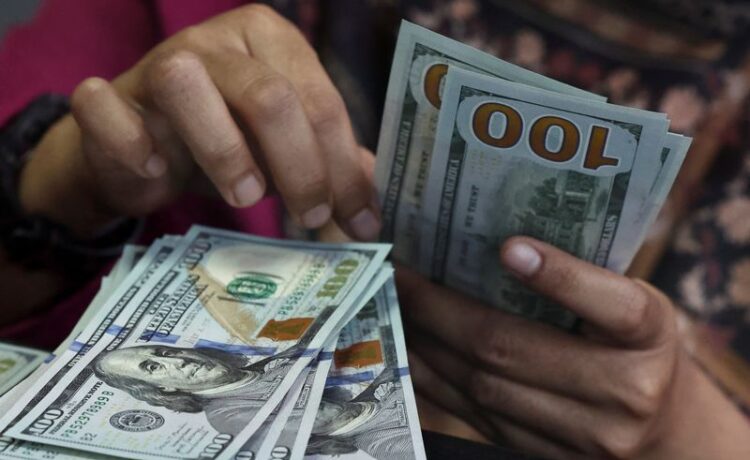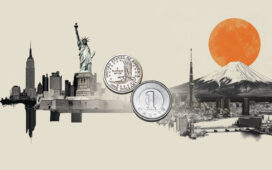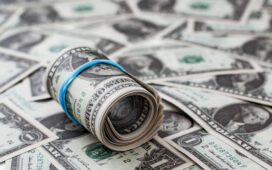By Chibuike Oguh and Stefano Rebaudo
NEW YORK (Reuters) -The U.S. dollar was on track for a third consecutive session of losses against major currencies including the euro, yen and Swiss franc on Thursday, amid U.S.-China tensions and as markets assess remarks from Federal Reserve officials.
China accused the U.S. of stoking panic over its rare earth controls and said Treasury Secretary Scott Bessent had made “grossly distorted” remarks about a top Chinese trade negotiator, rejecting a White House call to roll back the curbs.
“The dominant story line is still U.S.-China trade tensions,” said Matt Weller, head of market research at StoneX. “It seems like China is ratcheting up the pressure ahead of the expected meeting between President Xi Jinping and President Donald Trump at the end of the month. The key question is if that is just an attempt to get some negotiating leverage or China is ready to more meaningfully decouple.”
The dollar weakened 0.18% to 0.795 against the Swiss franc, on track for the third straight session of losses.
Federal Reserve Governor Christopher Waller said he’s on board with another interest rate cut at the U.S. central bank’s policy meeting later this month because of the mixed readings on the state of the job market.
The Fed’s Beige Book offered little support to U.S. rates, pointing to emerging signs of economic weakness, including rising layoffs and reduced spending among middle and lower-income households.
The dollar index, which measures the greenback against six other currencies, fell 0.22% to 98.46. It is set for the third consecutive day of declines.
U.S. Treasury yields hovered near multi-week lows, with the benchmark 10-year just above 4%, pressuring the dollar as investors also weighed a prolonged U.S. government shutdown.
“We are kind of in a holding pattern here especially with the U.S. government shutdown, which is predicted to last almost 40 days. The impacts to the economy tend to be exponential the longer shutdown lasts. That going on with the U.S.-China trade tensions, I think, has left traders in an awkward spot as they decide how those will play out,” Weller said.
FRENCH POLITICAL DRAMA IN BACKGROUND
The euro touched a one-week high and was up 0.24% at $1.1674 after French Prime Minister Sebastien Lecornu survived the first of two no-confidence votes in parliament.
France’s political crisis has barely affected euro zone sovereign bond markets as investors see no room for a selloff in French bonds without snap elections.
However, by shelving pension reform until after 2027, France’s prime minister has defused a sharp escalation in the crisis, though at the cost of complicating efforts to rein in public finances, analysts said.




